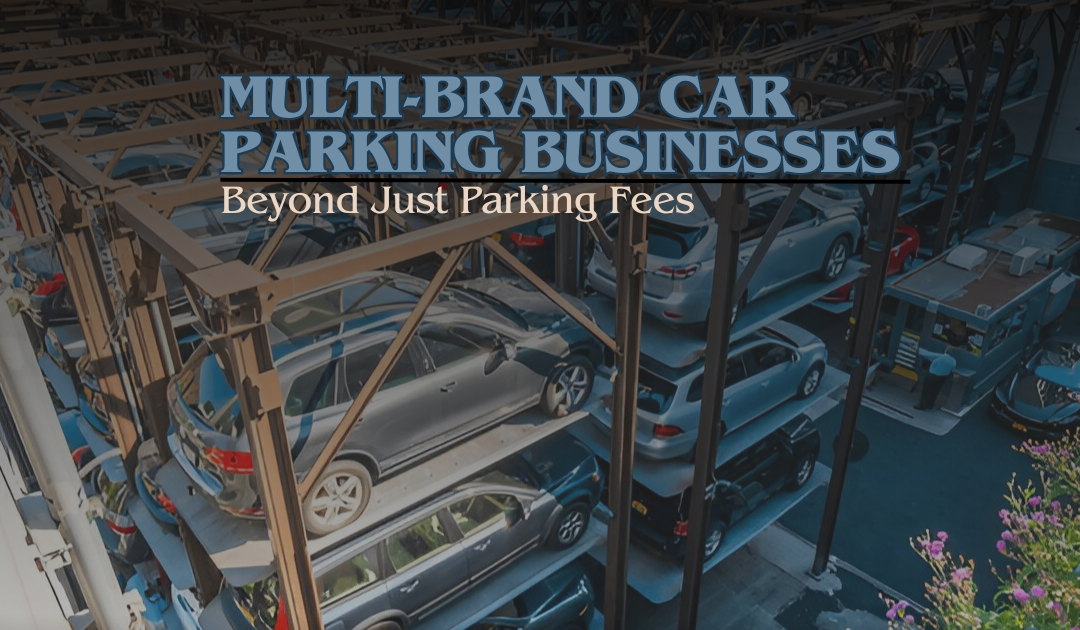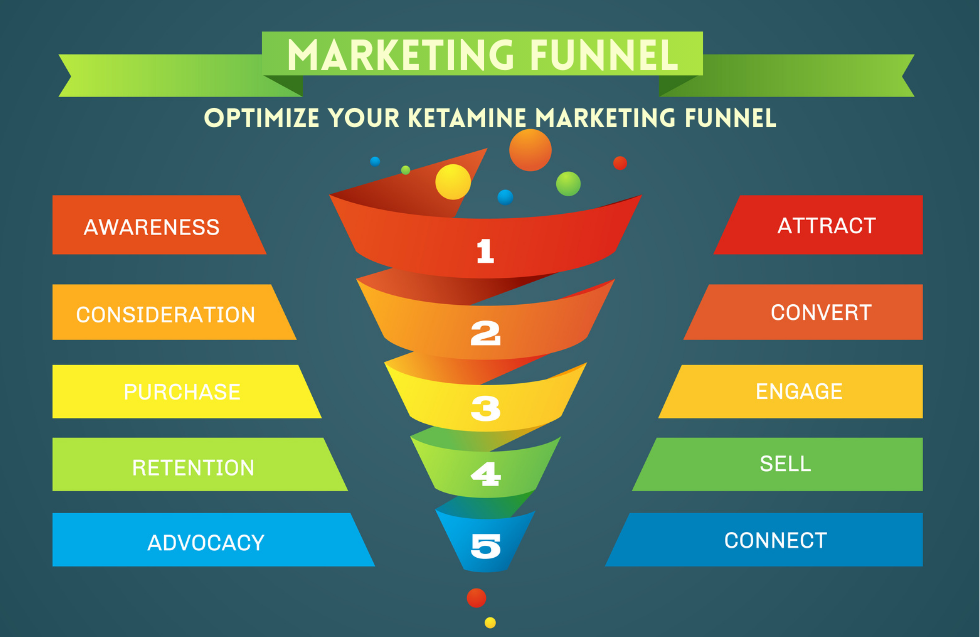In the modern landscape, car parking businesses are evolving beyond simply providing space for vehicles. Multi-brand car parking businesses, which manage multiple locations and serve a variety of brands, are now finding creative ways to generate additional revenue streams. As the demand for parking adapts to urbanization, technological innovation, and sustainability concerns, revenue models must evolve as well. Here’s a look at how these businesses can go beyond just parking fees.
1. Dynamic Pricing and Premium Spaces
One of the most straightforward ways to increase revenue is through dynamic pricing. This involves adjusting parking rates based on demand, location, and time of day. For instance, parking lots near popular destinations can implement higher rates during peak hours or events.
In addition, businesses can create premium parking spaces, such as reserved spots close to the entrance or under covered areas. Offering options like valet services or VIP access for a higher fee adds to the value proposition, catering to customers who are willing to pay for convenience.
2. Subscription and Membership Plans
Building customer loyalty through subscription-based models offers recurring revenue. Monthly or annual parking passes cater to commuters and frequent users, offering them cost savings over daily rates while ensuring a steady revenue stream for the business.
Membership plans can also include perks like discounts at nearby retail stores, faster exits through dedicated lanes, or priority access to premium spots. These models not only drive regular usage but also create opportunities for upselling related services.
3. Advertising and Partnerships
Parking lots can serve as prime real estate for advertising. Large parking garages or lots located in urban centers can partner with brands to display billboards, digital ads, or even branded parking spaces.
Moreover, brand partnerships offer another revenue stream. For example, a parking business can collaborate with car care companies to offer on-site services like car washes, detailing, or basic maintenance. These partnerships can be structured as either profit-sharing agreements or direct leases for the space, depending on the business model.
4. Electric Vehicle (EV) Charging Stations
As the demand for electric vehicles grows, installing EV charging stations in parking facilities offers a new way to generate income. While initially requiring an upfront investment, EV charging can become a consistent revenue stream through per-minute or per-kWh pricing models.
Partnering with EV manufacturers or charging network providers can reduce the financial burden of installing these stations, while also enhancing the appeal of your parking facility to eco-conscious drivers.
5. Data Monetization and Smart Parking Solutions
The integration of smart parking systems allows for better management and monetization of parking data. These systems track parking patterns, occupancy rates, and customer preferences, which can be valuable insights for city planners, developers, or retail businesses.
Parking operators can leverage this data to improve operational efficiency, adjust pricing dynamically, and even sell anonymized data to third parties for urban planning or marketing purposes.
6. Event-Based Rentals and Short-Term Leasing
During major events like concerts, sports games, or festivals, parking lots in strategic locations can offer event-based pricing. Charging higher fees for temporary, short-term parking during these events can significantly boost revenue.
Additionally, parking spaces can be leased on a short-term basis for activities like food trucks, pop-up shops, or seasonal markets, transforming a typically idle asset into a profitable venture.
7. In-App Payments and Rewards Programs
With the rise of mobile payments, multi-brand parking businesses can partner with payment platforms to facilitate frictionless transactions. Integrating an app-based payment system not only streamlines the customer experience but also opens up avenues for rewards programs that encourage repeat usage.
For instance, users could accumulate points for each parking session, which can later be redeemed for discounts or free parking. This incentivizes loyalty while keeping customers engaged with your brand.
8. Shared Mobility and Car Rental Services
As urban mobility continues to change, parking businesses can tap into the shared mobility market by partnering with car-sharing companies. Parking lots can offer designated spaces for car-sharing vehicles, or even serve as pick-up and drop-off points for rental cars.
Additionally, multi-brand parking businesses can collaborate with car rental agencies to offer vehicles on-site, allowing customers the convenience of renting cars directly from parking locations, while generating commissions from rental bookings.
9. Valet and Concierge Services
Offering valet services can attract high-end customers or businesses that want to provide premium convenience to their employees or clients. Additionally, concierge services such as vehicle maintenance, fueling, or detailing while the car is parked, can add significant value and justify higher pricing tiers.
Conclusion
The car parking industry is ripe for innovation, and multi-brand businesses have the potential to unlock a variety of new revenue streams beyond traditional parking fees. By embracing dynamic pricing, partnerships, smart technology, and emerging trends in mobility, parking operators can create sustainable, diversified revenue models that cater to both customers’ evolving needs and the business’s long-term profitability.
With the right approach, multi-brand car parking businesses can maximize their real estate footprint, offering much more than just a place to park.













